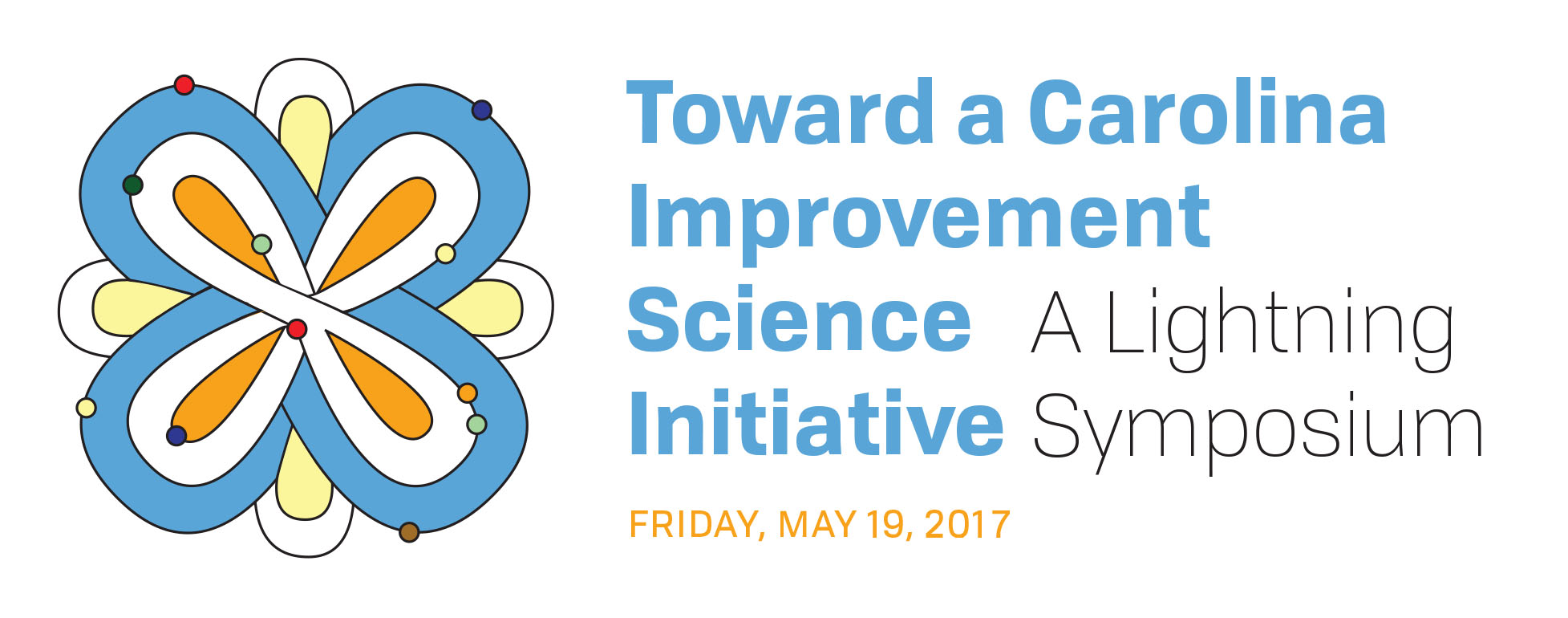Jill Hamm, School of Education
Ongoing efforts to strengthen STEM education have emphasized the importance of students’ engagement with meaningful and challenging content, active roles in problem solving and communication, and perseverance to make sense of ideas. Related developments in instructional improvement underscore the importance of students’ interaction with peers in classrooms as a means to broaden access and foster deep engagement with content, structure opportunities for meaningful discourse, an d build competencies in collaboration. Yet small group learning environments often fail to realize their potential as instructors find it difficult to maintain the intellectual demands tasks and integrity of group interaction processes once the task is turned over to students. A conceptual framework and conceptually-based tools for instructors are foundational to successful implementation and scaling of evidence-based practices to improve small group work in k12 as well as post-secondary settings. In PEARL (Peers Engaged as Resources for Learning), an NSF-funded study of small group learning environments, we developed a conceptual framework of “teacher moves” and lesson-planning and implementation tools for teachers as they guide learners through small group work. The framework and tools were developed from naturalistic study of middle and high school classrooms; refined in collaboration with practicing teachers to respond to implementation challenges; and iteratively tested and modified in middle and high school mathematics classrooms using design-based research methodology. A result of this project is the identification of a set of core instructional strategies that can be applied across small group learning tasks to optimize productive student group work. We will describe the framework and tools, and continuing implementation challenges to be addressed in the final phase of testing of the framework and tools.
